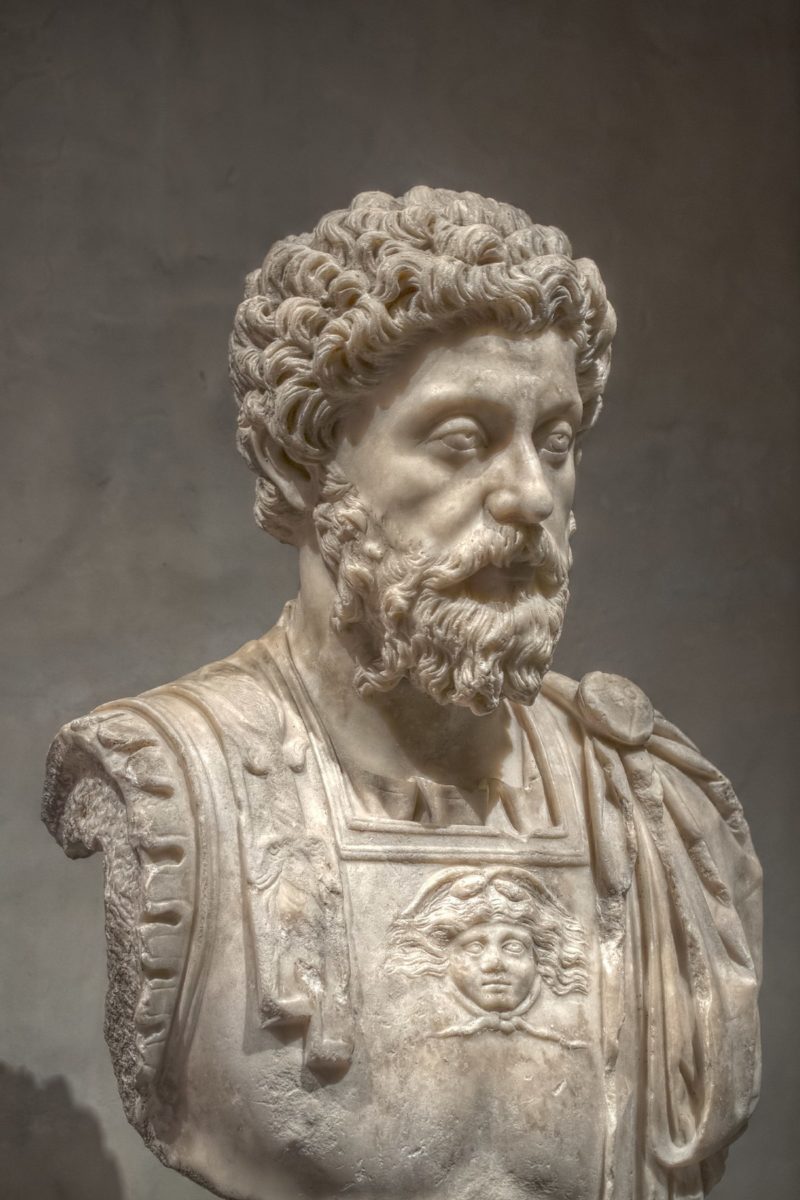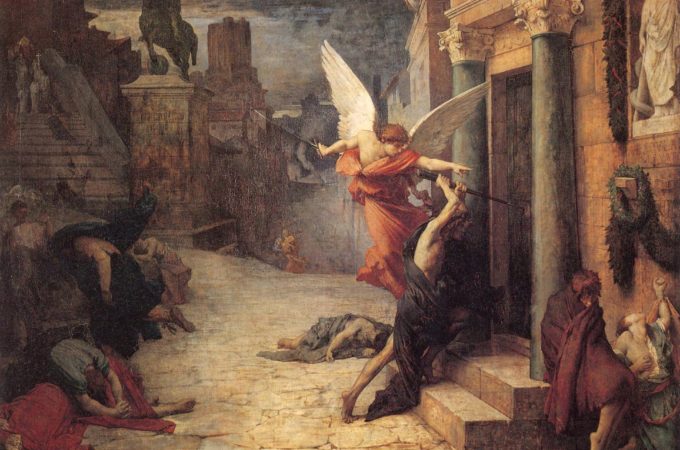More than one writer has noted the parallels between today’s Covid-19 storm and earlier plagues as to the church’s response. Here’s a piece by Tyler O’Neil, “How Early Christians Saved Lives and Spread the Gospel During Roman Plagues.”
~
Christians facing the coronavirus today would do well to remember how the selfless love of the early church helped spread the gospel in a world much more hostile to Jesus’ message than our world is today. Christianity spread in the face of persecution for many reasons, but in two cases it spread in the midst of deadly plagues — because Christians risked their lives to save others.
 Two historic plagues ravaged the Roman Empire: the Antonine Plague (165-180 A.D.) and the Cyprian Plague (249-262 A.D.). The plagues killed roughly a quarter to a third of the population, striking down emperors (Marcus Aurelius, Hostilian, and Claudius II Gothicus), and ravaging the empire. As in the case of the coronavirus today, panic spread because the society did not understand the disease.
Two historic plagues ravaged the Roman Empire: the Antonine Plague (165-180 A.D.) and the Cyprian Plague (249-262 A.D.). The plagues killed roughly a quarter to a third of the population, striking down emperors (Marcus Aurelius, Hostilian, and Claudius II Gothicus), and ravaging the empire. As in the case of the coronavirus today, panic spread because the society did not understand the disease.
As sociologist Rodney Stark noted in The Triumph of Christianity: How the Jesus Movement Became the World’s Largest Religion, Christians responded to the plagues differently than their pagan neighbors.
“During the first plague, the famous classical physician Galen fled Rome for his country estate where he stayed until the danger subsided. But for those who could not flee, the typical response was to try to avoid any contact with the afflicted, since it was understood that the disease was contagious. Hence, when their first symptom appeared, victims often were thrown into the streets, where the dead and dying lay in piles,” Stark wrote.
Bishop Dionysius recounted the events in Alexandria, Egypt, during the Cyprian Plague: “At the first onset of the disease, they [pagans] pushed the sufferers away and fled from their dearest, throwing them into the roads before they were dead and treated unburied corpses as dirt, hoping thereby to avert the spread and contagion of the fatal disease.”
Go here to read the rest …






